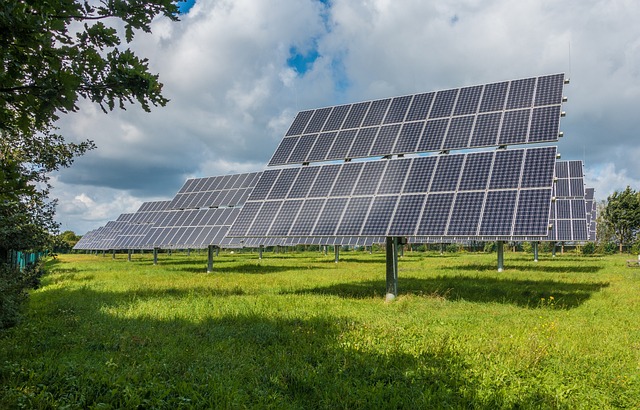For years, Tasiu Umar’s cellphone repair shop in Zing, Nigeria, was held hostage by the country’s unreliable electricity supply. His backup generator—noisy, expensive, and unreliable—often consumed more fuel than his business could afford. “I spent more time fixing the generator than fixing phones,” he jokes.
But everything changed when he invested in a pair of solar panels. The switch didn’t just brighten his workshop; it illuminated a path toward a broader transformation quietly unfolding across Africa.
As solar technology becomes cheaper and more accessible, Nigeria and other developing nations are undergoing an energy revolution that could redefine how growth and power—both electrical and political—are distributed.
A Shift in Global Energy Dynamics
According to the International Energy Agency, solar energy is poised to become the world’s largest power source by 2035, with usage nearly tripling over the last three years. For Nigeria, where about 40% of its 230 million citizens remain off-grid and the national power system collapses multiple times yearly, this shift could be nothing short of revolutionary.
What’s driving this surge isn’t environmental concern—it’s practicality. Solar is fast becoming the most reliable and cost-effective alternative for Nigerians weary of fuel shortages, grid failures, and soaring generator costs.
“Solar gives power directly to the people,” explains Femi Oye, co-founder of OneWattSolar. “It doesn’t matter whether the grid reaches your village—if you can buy a panel, you can have power.”
Empowering the People
Nigeria’s energy crisis is staggering in scale. Hospitals lose vaccines to spoilage, farmers watch produce rot before reaching markets, and students study in the dark. The World Bank estimates that unreliable power drains $25 billion from Nigeria’s economy every year.
Meanwhile, citizens spend about $14 billion annually on fuel for generators—machines that belch out nearly 39 million metric tons of CO₂ in Lagos alone.
Solar offers liberation. Once dependent on erratic fuel supplies, Nigerians are increasingly producing their own electricity, independent of the state or oil monopolies that have long controlled access to power.
A Bottom-Up Revolution
Across Africa, solar adoption is happening from the ground up. In South Africa, private homes and businesses now generate more solar energy than the national grid. In Nigeria, rooftop panels power banks, telecom towers, farms, and small enterprises—quietly becoming the backbone of local economies.
The government, too, has taken note, scrapping import duties and taxes on solar equipment while installing off-grid systems in universities, hospitals, and rural communities.
“Solar is not just an alternative; it’s freedom,” says Oye.
Challenges on the Horizon
Yet, the transition is far from complete. For many low-income families, the cost of even a basic solar setup still exceeds a month’s wages. Financing large-scale solar projects remains difficult, as two-thirds of Africa’s energy investments continue to flow into fossil fuels.
Experts warn that without innovative funding models, international loans for solar could deepen debt burdens for poorer nations.
A Brighter Tomorrow
Still, for small business owners like Umar, the payoff is immediate. As night falls, his shop shines in an otherwise dark street—powered by sunlight captured hours earlier. His customers charge phones, collect repairs, and linger in the glow of reliable energy.
“Now,” he says, smiling, “the power never leaves me.”
Nigeria’s grassroots solar movement is more than an energy shift—it’s a quiet revolution. From remote villages to bustling cities, Nigerians are reclaiming control over their power supply and, in the process, redefining what progress looks like in a post-fossil-fuel world.

